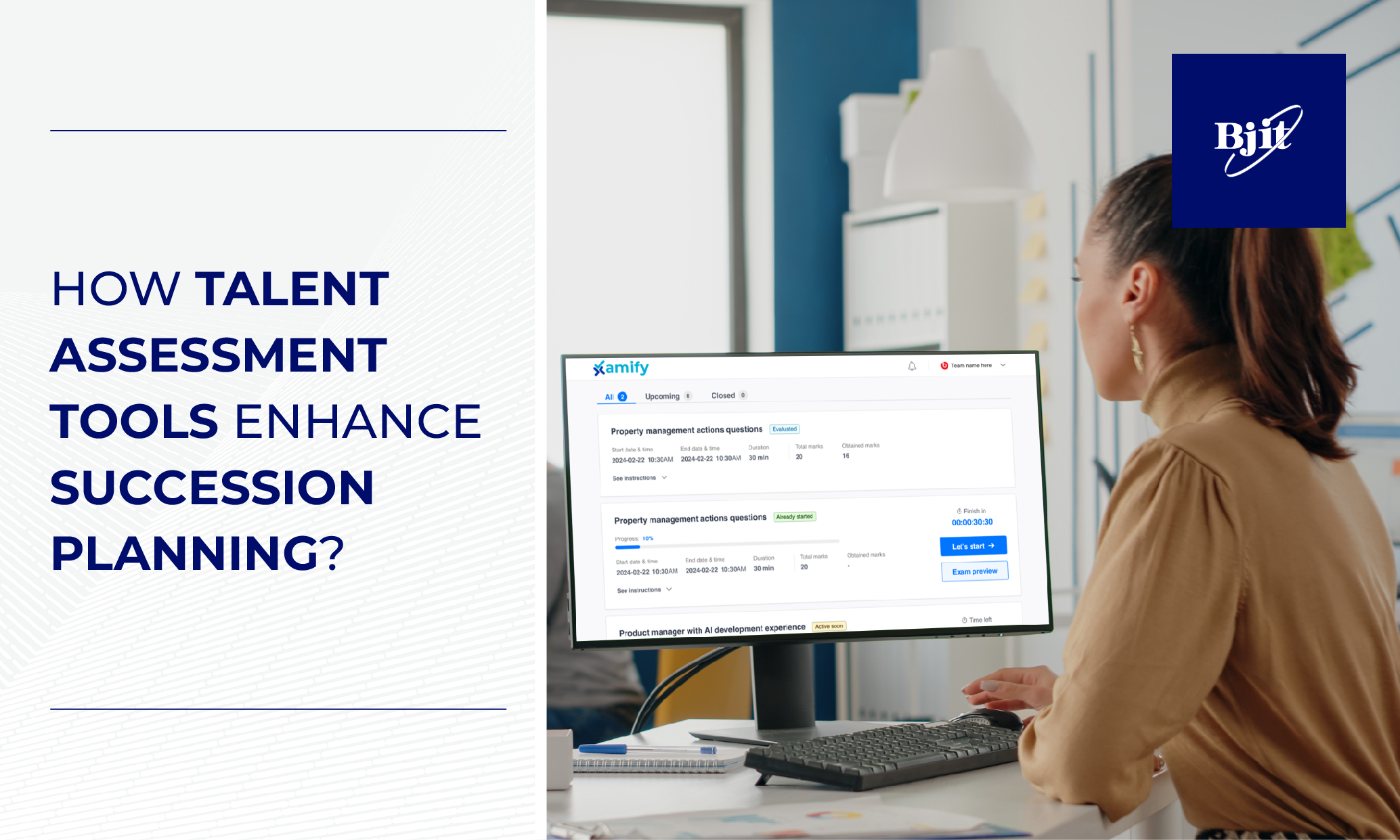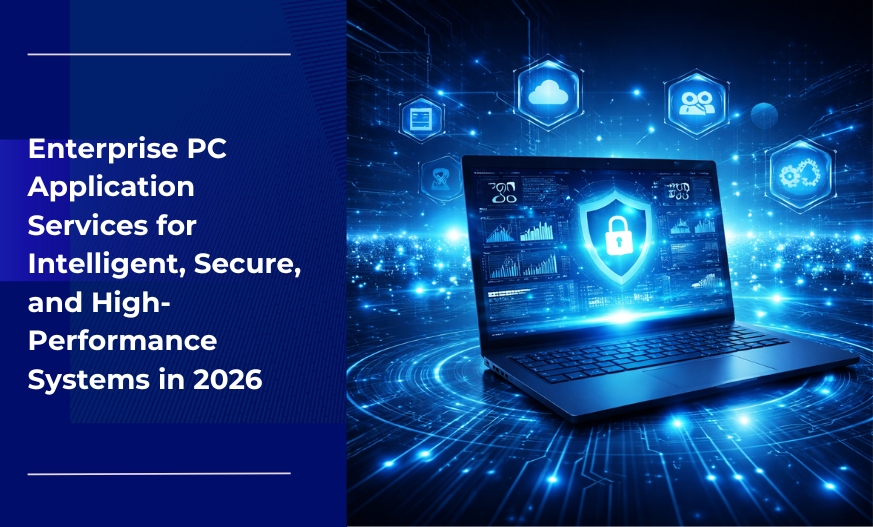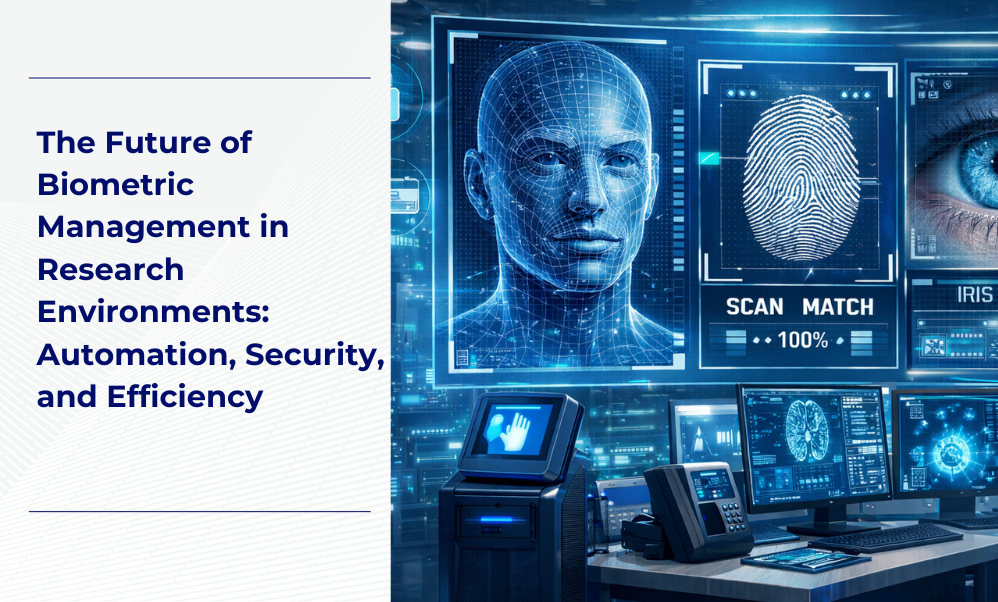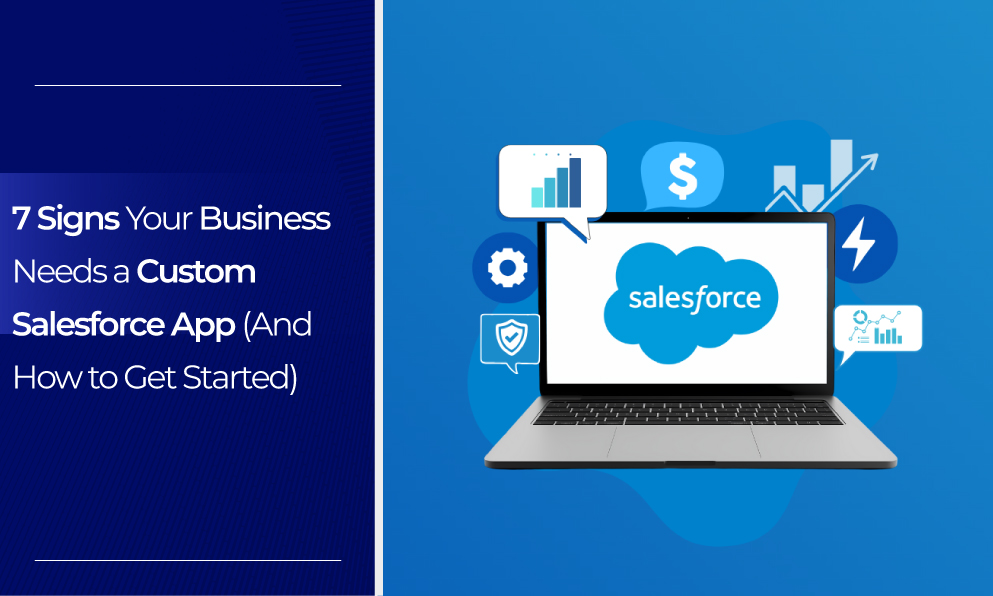In our hyper-connected world, big and small businesses face a constant barrage of threats from cybercriminals lurking in the shadows. Cybersecurity and data privacy have become essential pillars for protecting your business, securing sensitive information, and building customer trust. It’s not just a technical concern; it’s about maintaining your business's foundation.
Here’s the harsh reality: many small and medium-sized businesses often underestimate cybersecurity's importance until it’s too late. A single data breach can cause chaos, leading to lost revenue, damaged reputations, and even hefty fines.
But don’t worry! This blog will help you navigate the tricky waters of cybersecurity and data privacy. We’ll explore practical steps to safeguard your business and explain why these measures are more crucial now than ever. Let’s dive in!
Why Cybersecurity and Data Privacy Matter
1. Protecting Sensitive Data
In today’s digital landscape, your business holds a treasure trove of valuable information—customer details, financial records, and trade secrets, to name a few. Cybercriminals are constantly scheming to exploit weaknesses in systems to access this data.
Think of cybersecurity as the fortress that guards this treasure. It prevents unauthorized access to your systems. Meanwhile, data privacy ensures that you handle your customers' personal information in a way that complies with laws like GDPR and CCPA. Ignoring either aspect can lead to catastrophic breaches that can cripple your business overnight.
2. Safeguarding Customer Trust
Let’s face it: trust is the lifeblood of any successful business. Customers expect their data to be safe when they engage with your company. If a data breach occurs, it can irreversibly damage your reputation. Did you know that nearly 60% of customers are less likely to do business with a company that has experienced a data breach?
By prioritizing cybersecurity and data privacy, you send a clear message to your customers: you take their protection seriously. This builds trust and loyalty, setting you apart from competitors who may need strong safeguards.
Critical Strategies for Enhancing Cybersecurity and Data Privacy
1. Conduct Regular Security Audits
Let’s kick things off with security audits. Think of a security audit as a health check-up for your business. It systematically evaluates your security measures to identify vulnerabilities and gaps. Regular audits should be critical to your cybersecurity and data privacy plan to keep pace with ever-evolving threats.
When conducting an audit, consider reviewing the following:
- Network security: Are your firewalls and anti-virus software up to date?
- Access control measures: Who has access to sensitive information, and is it limited?
- Data encryption protocols: Are you encrypting data at rest and in transit?
- Backup systems: How often do you back up data, and where is it stored?
2. Implement Multi-Factor Authentication (MFA)
One of the simplest yet most effective ways to bolster cybersecurity and data privacy is to implement multi-factor authentication (MFA). It’s like adding a second lock to your front door. MFA requires users to verify their identity using more than just a password, such as a one-time code sent to their mobile device.
This extra layer of security makes it exponentially harder for unauthorized users to gain access, even if they somehow manage to snag your password.
3. Data Encryption
Now, let’s talk about encryption. Imagine encrypting sensitive data and putting it in a safe. Even if cybercriminals intercept your information, they can’t read or use it without the decryption key. Encrypting data protects it at rest (when it’s stored) and in transit (when it’s being transferred), adding an extra layer of security to your cybersecurity and data privacy framework.
Best Practices for Data Privacy Compliance
With the growing number of data privacy regulations, such as GDPR and CCPA, compliance is crucial. Ignoring these laws can lead to serious penalties.
1. Create a Data Privacy Policy
Every business should have a clear and transparent data privacy policy that explains how customer information is collected, stored, and used. This policy must be easily accessible to customers and regularly updated to reflect new privacy regulations. Think of it as your promise to customers about how you’ll treat their data.
2. Minimize Data Collection
Here’s a tip: collect only the data necessary for your business operations. The more data you store, the greater your liability in a breach. By prioritizing cybersecurity and data privacy, you can limit the amount of personal information you gather, making your business less of a target for cybercriminals.
3. Employee Training and Awareness
Even the most sophisticated cybersecurity systems can’t protect you if your employees aren’t trained. Regularly educate your team on identifying phishing scams, protecting login credentials, and safely handling sensitive data. You’d be surprised how much of a difference a well-informed team can make.
Common Cybersecurity Threats and How to Avoid Them
1. Phishing Attacks
Phishing is a type of cyberattack in which criminals impersonate trusted entities to trick users into revealing sensitive information. These attacks often occur via email but can also happen via text messages or phone calls. Training employees to recognize phishing attempts is crucial for an effective cybersecurity and data privacy strategy.
2. Ransomware
Ransomware is malicious software that locks users from their systems until a ransom is paid. To defend against ransomware, regularly back up your data and make sure those backups are stored offline. That way, even if you’re hit with a ransomware attack, you won’t be forced to pay the ransom to recover your data.
3. Insider Threats
Not all cybersecurity threats come from outside sources. Employees or contractors with access to sensitive data can unintentionally—or maliciously—cause breaches. Implement strict access control measures to mitigate insider threats and monitor employee activities for unusual behavior.
BJIT: Your Partner in Cybersecurity Solutions
At BJIT, we understand that navigating the complexities of cybersecurity and data privacy can be daunting for businesses. That's why we offer custom cybersecurity solutions designed to protect your organization against the ever-evolving threat landscape.
Our team of experts is dedicated to providing top-notch cybersecurity services to our global clients. We don’t just apply cookie-cutter solutions; we take the time to understand your unique business needs and challenges. Whether you're a small startup or a large corporation, our personalized approach ensures you receive the protection you need.
Why Choose BJIT?
- Expertise: Our seasoned professionals bring years of experience and industry knowledge to the table, ensuring your business is safeguarded against the latest threats.
- Comprehensive Services: From security audits and risk assessments to incident response and recovery, we offer a full suite of services to address every aspect of cybersecurity.
- Commitment to Compliance: We stay up-to-date with the latest regulations, helping you navigate complex legal requirements and ensuring your data handling practices are compliant.
- Ongoing Support: Cybersecurity is not a one-time fix. We provide continuous monitoring and support to adapt to new threats and changes in your business environment.
FAQs
1. Why is cybersecurity and data privacy important for small businesses?
Small businesses are often prime targets for cybercriminals because they typically lack robust security measures. Implementing strong cybersecurity and data privacy protocols helps safeguard sensitive information, reduces the risk of breaches, and protects customer trust, which is essential for business growth.
2. How can I improve data privacy compliance?
Start by developing a clear privacy policy and ensure it complies with regulations like GDPR and CCPA. Regularly train employees on data handling procedures and review your data collection practices to minimize the personal information you gather.
3. What is the role of encryption in cybersecurity?
Encryption secures data by transforming it into an unreadable format, making it useless to cybercriminals who don’t have the decryption key. It’s essential for protecting sensitive information during transmission and storage, adding an extra layer of defense.
4. How can multi-factor authentication enhance security?
Multi-factor authentication adds a layer of security by requiring more than just a password for access. Even if someone steals your password, MFA makes it difficult for unauthorized users to enter your systems or sensitive information.
Conclusion
In this fast-paced digital world, threats to your business are constantly evolving. By implementing strong cybersecurity and data privacy measures, conducting regular audits, and staying compliant with data protection regulations, you can significantly reduce your risk of cyberattacks.
Taking action today to protect your business and customer information isn’t just about defense; it’s an investment in your company's future. Always be proactive in safeguarding your assets, and never underestimate the importance of cybersecurity and data privacy in maintaining your business’s longevity.











